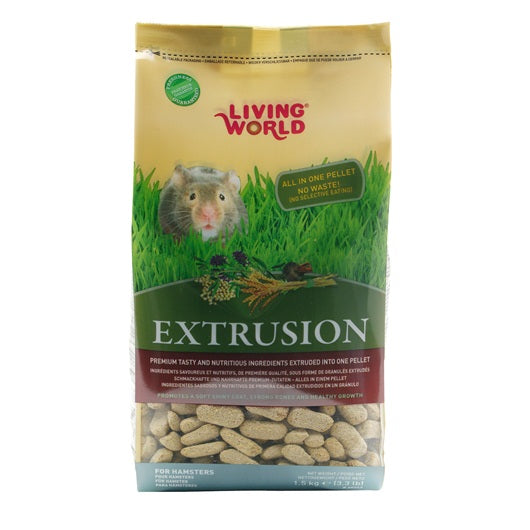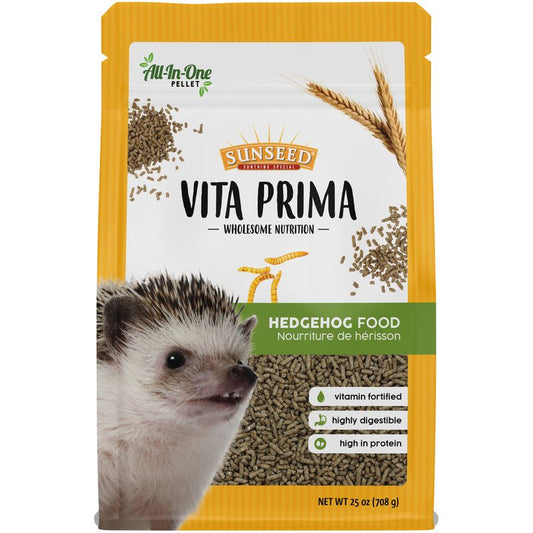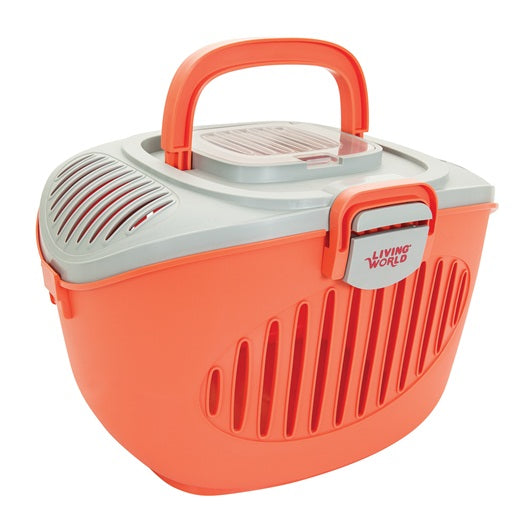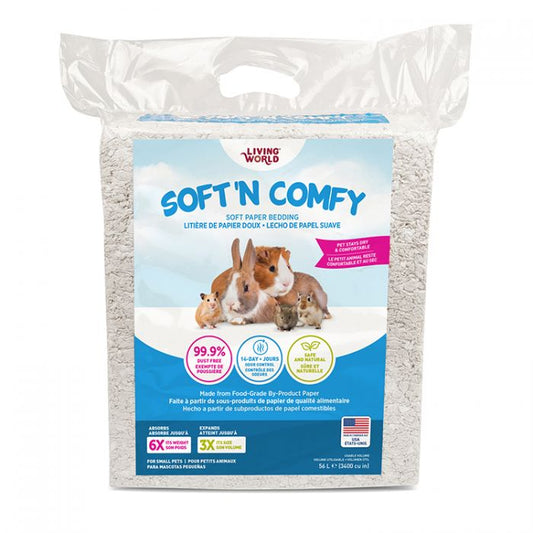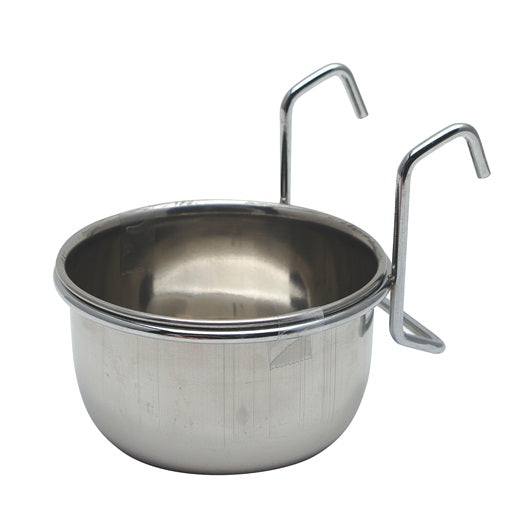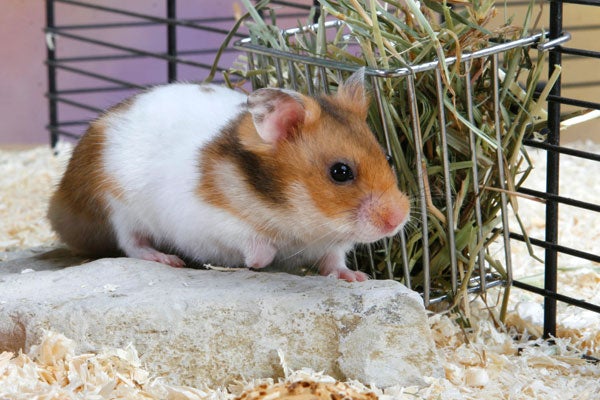
Hamsters are popular and adorable pets known for their small size and delightful personalities. These pint-sized rodents have captured the hearts of pet enthusiasts around the world. Here's a quick overview of hamsters, including their general description, lifespan, natural habitat, size, housing requirements, temperature needs, substrate and bedding considerations, toxicity concerns, and some fun facts.
General Description: Hamsters are small, nocturnal rodents with round bodies and short legs. They come in various species, including Syrian hamsters, Dwarf hamsters, and Roborovski hamsters. Each species has its unique characteristics and requirements. Hamsters are known for their cheek pouches, which they use to carry food and nesting materials.
Lifespan: The lifespan of hamsters varies depending on the species. Syrian hamsters generally live for about 2 to 3 years, while Dwarf hamsters can live up to 2 years or more. Proper care, nutrition, and a stress-free environment can contribute to their overall health and longevity.
Natural Habitat: Hamsters have their origins in various parts of the world, including Syria, China, Russia, and Mongolia. In the wild, they inhabit arid regions, grasslands, and even semi-desert areas. They construct burrows for shelter and protection from predators.
Average Size: The size of hamsters depends on their species. Syrian hamsters are the largest, growing to an average length of 5 to 7 inches (13 to 18 cm). Dwarf hamsters are significantly smaller, ranging from 2 to 4 inches (5 to 10 cm) in length.
Enclosure Size: Provide your hamster with an appropriately sized enclosure to ensure their comfort and well-being. For Syrian hamsters, a minimum cage size of 24 inches by 12 inches (61 cm by 30 cm) is recommended. Dwarf hamsters can be housed in slightly smaller cages. Ensure the cage has ample space for exercise, toys, and hiding spots.
Temperature Requirements: Hamsters are comfortable at temperatures between 65 to 75°F (18 to 24°C). Keep their environment away from direct sunlight, drafts, and extreme temperature fluctuations. Avoid exposing them to high humidity, as it can lead to respiratory problems.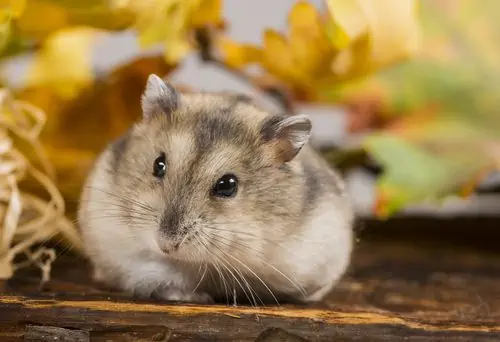
Substrate and Bedding: Choose a safe and absorbent bedding material for your hamster's enclosure. Aspen shavings, paper-based bedding, or shredded paper are commonly used options. Avoid cedar or pine bedding, as the strong aroma can be harmful to their respiratory system.
Toxic Substances: Several substances are toxic to hamsters and should be kept out of their reach. These include chocolate, caffeine, alcohol, onions, garlic, citrus fruits, and certain houseplants like lilies and ivy. Ensure their environment is free from any potential hazards.
Avoid exposure to sunlight, drafts, and Teflon or non-stick cookware and appliances. Only clean cages with water and vinegar or mild dish soap.”
Also avoid essential oils or aerosol sprays/household cleaners containing chemicals and harsh scents. Candles and scented candles or wax melts should be avoided.
Fun Facts:
- Hamsters are excellent climbers and love to explore their surroundings.
- They are solitary animals and prefer to live alone, except for Dwarf hamsters, which can live in small same-sex groups.
- Hamsters have expandable cheek pouches that allow them to store and transport food.
- They are active at night, displaying their natural nocturnal behavior.
- Hamsters are known for their ability to run long distances on their exercise wheels.

Hamsters make delightful companions and are perfect pets for individuals or families looking for small, low-maintenance pets. By providing them with proper housing, a balanced diet, mental stimulation, and gentle handling, you can enjoy the company of these adorable furballs and create a lasting bond.
https://theurbanzoo.myshopify.com/products/hamster-short-haired-syrian-hamsters


